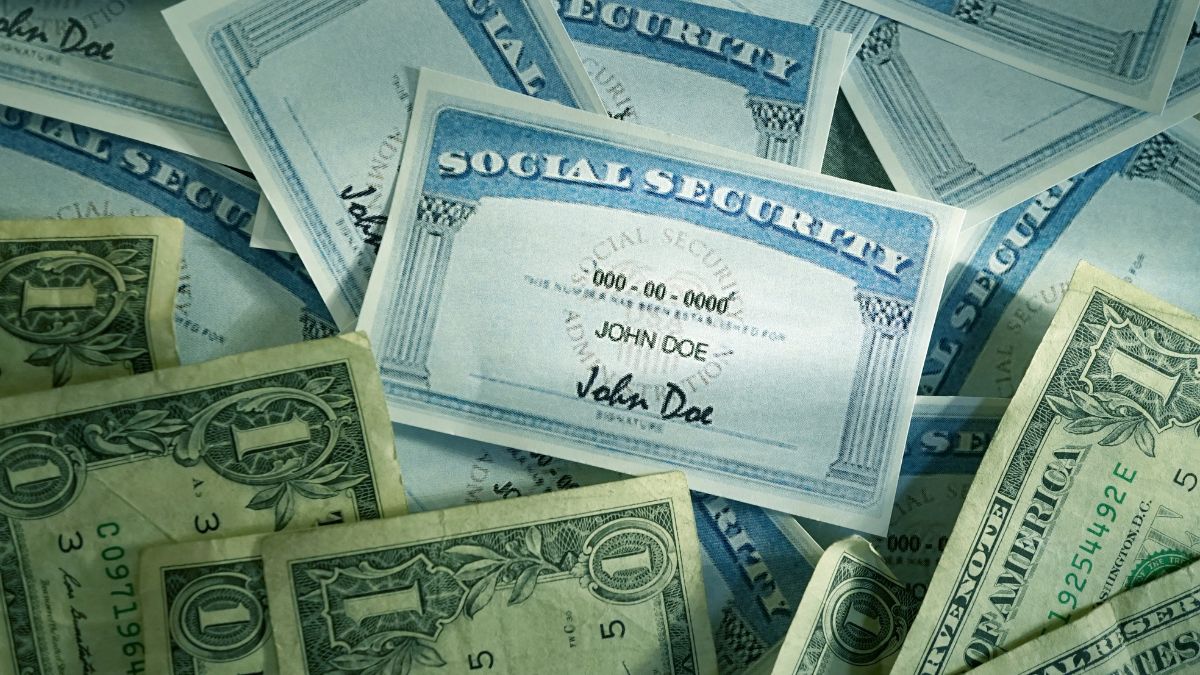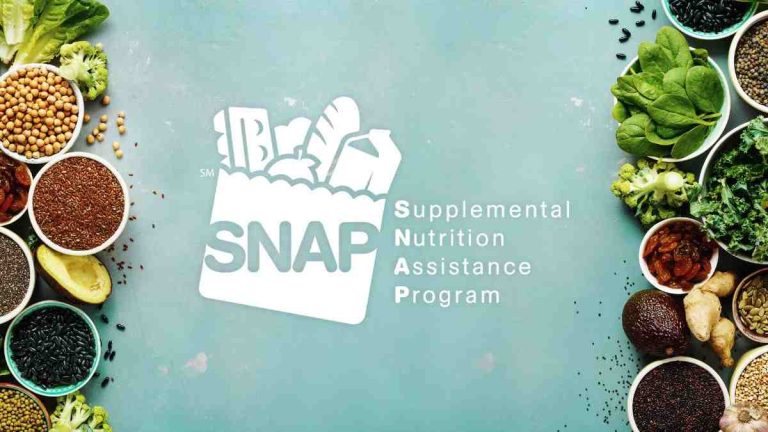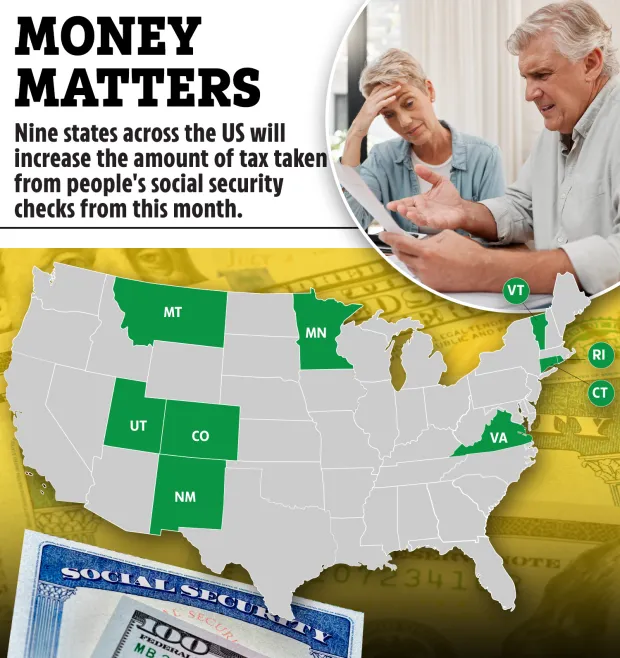Social Security Update: Next $943 Payment Schedule Revealed
According to Vibes.okdiario, If you’re part of the Supplemental Security Income (SSI) program, managed by the Social Security Administration (SSA), you may be wondering when you’ll receive your next $943 payment. This program is designed to support individuals with limited income and resources, including those with disabilities or who are elderly, ensuring their basic needs are met. In this article, we’ll explain when you can expect your next payment and why it might arrive earlier than expected in some months.
You might have noticed that you didn’t receive your usual SSI payment in September. However, this doesn’t mean the payment was lost or that the program experienced any delays. The reason for this is that the payment for September was actually issued on August 30. This happened because the regular payment date, September 1, fell on a weekend.
Why was there no Social Security payment in September?
The Social Security Administration (SSA) follows a clear policy: when the 1st of the month falls on a non-business day, such as a weekend or holiday, they move the payment date to the last business day of the previous month. In this case, Friday, August 30, was selected to ensure that beneficiaries received their money on time.
Next SSI payment: When will you receive it?
The next deposit for SSI beneficiaries is scheduled for October 1, which falls on a Tuesday. If you are part of the group receiving the monthly $943 payment, you can expect to see your next deposit on that date without any delays.
This pattern will continue in the coming months unless the first day of a month falls on a weekend or holiday. In those cases, the deposit will be made earlier, just like it was in August. It’s a good idea to keep an eye on the calendar and be aware that your payment may sometimes arrive before the expected date.
Who is eligible to receive SSI?
The Supplemental Security Income (SSI) program is designed to help individuals with limited financial resources who find themselves in vulnerable situations. To qualify for SSI payments, applicants must meet specific eligibility requirements, which include:
- Elderly individuals: People over the age of 65 who do not have sufficient income to meet their basic living expenses.
- Individuals with disabilities: Those with a physical or mental condition that prevents them from performing daily activities for at least 12 months, or whose condition is expected to lead to death.
- Individuals with partial or total blindness.
This program is particularly valuable for those who do not qualify for Disability Insurance based on their work history, as SSI focuses on individuals with limited financial means and who are in need.
Also read: Upcoming Payments Alert: SSI, SSDI, and Social Security Retirement Beneficiaries
How much can you receive with SSI?
The amount of money provided through the SSI program varies based on the personal circumstances of the applicant. Here’s a breakdown:
- Single individuals: Eligible individuals can receive up to $943 per month.
- Couples: If both spouses qualify for the program, they can receive up to $1,415 per month.
- Essential persons: Individuals who provide care and support to SSI beneficiaries, known as essential persons, can receive up to $472 per month.
These payments are critical for ensuring that SSI recipients can cover their basic needs, including housing, food, and healthcare. It’s worth noting, however, that these amounts may vary slightly depending on other income sources the applicants may have.
What happens if a payment is made early?
As mentioned earlier, SSI payments may sometimes be made early if the regular payment date falls on a non-business day. This doesn’t mean that you’ll receive less money. Instead, it just means the deposit will arrive sooner than usual. This happened in August when the payment for September was issued on August 30 because September 1 fell on a weekend.
This kind of early payment is something beneficiaries need to be aware of since the Social Security Administration follows this rule whenever the regular payment day coincides with a weekend or holiday. It’s important to keep this in mind when planning your finances to avoid any surprises.
What should you do if you don’t receive your payment?
If October 1 arrives and you haven’t received your SSI deposit, the first step is to wait an extra day or two, as there may be minor delays in the bank transfer process. These delays are rare but not unheard of.
If, after waiting a couple of days, your payment still hasn’t arrived, it’s a good idea to contact the Social Security Administration directly. Be sure to have your personal information and any relevant documents that confirm your participation in the program ready when you call. It’s also helpful to check your bank account beforehand to ensure there wasn’t an issue on the receiving end.






